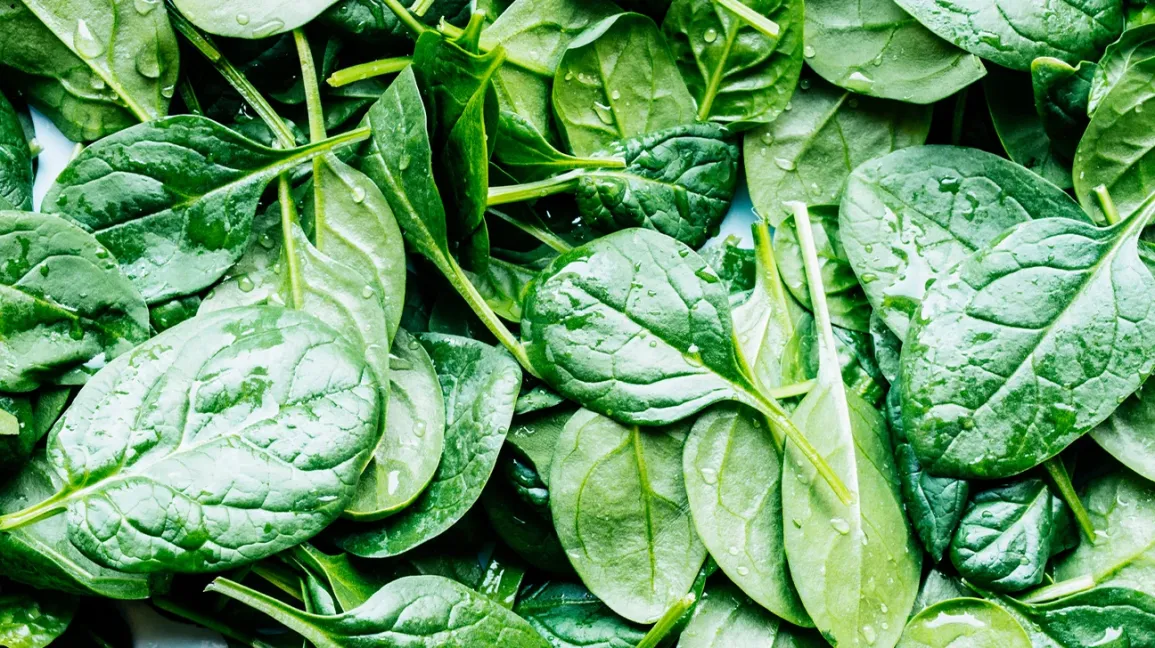Spinach, a leafy green vegetable, is packed with essential nutrients and has been a dietary staple for centuries. Its vibrant green color and mild flavor make it a versatile ingredient in various dishes.
Nutritional Benefits of Spinach
Spinach is a nutritional powerhouse, offering a wide range of health benefits:
- Rich in Vitamins and Minerals: Spinach is an excellent source of vitamins A, C, K, and folate, as well as minerals like iron, magnesium, and potassium.
- Antioxidant Properties: The antioxidants in spinach help protect cells from damage caused by free radicals.
- Eye Health: The high levels of vitamin A and lutein in spinach promote eye health and may reduce the risk of age-related macular degeneration.
- Digestive Health: The fiber content in spinach aids in digestion and promotes a healthy gut.
Culinary Uses of Spinach
Spinach can be enjoyed in various ways:
- Salads: Fresh spinach leaves add a crisp and nutritious element to salads.
- Sautéed Spinach: Sautéed spinach with garlic and olive oil is a simple and delicious side dish.
- Spinach Soups: Creamy spinach soups are comforting and nutritious.
- Spinach Smoothies: Blend spinach into smoothies for a nutrient-packed drink.
- Spinach Dip: A creamy and flavorful dip made with spinach, cream cheese, and other ingredients.
- Spinach Pies and Quiches: Spinach can be added to savory pies and quiches for a flavorful and healthy meal.
Growing Spinach
If you’re interested in growing your own spinach, here are some tips:
- Choose the Right Variety: Select varieties that are well-suited to your climate and growing conditions.
- Prepare the Soil: Ensure the soil is well-draining and rich in organic matter.
- Plant the Seeds: Sow the seeds directly into the garden bed or start them indoors in seed trays.
- Water Regularly: Keep the soil consistently moist, but avoid overwatering.
- Harvest: Harvest spinach leaves when they are young and tender.
By incorporating spinach into your diet, you can reap the benefits of this nutrient-dense vegetable.



